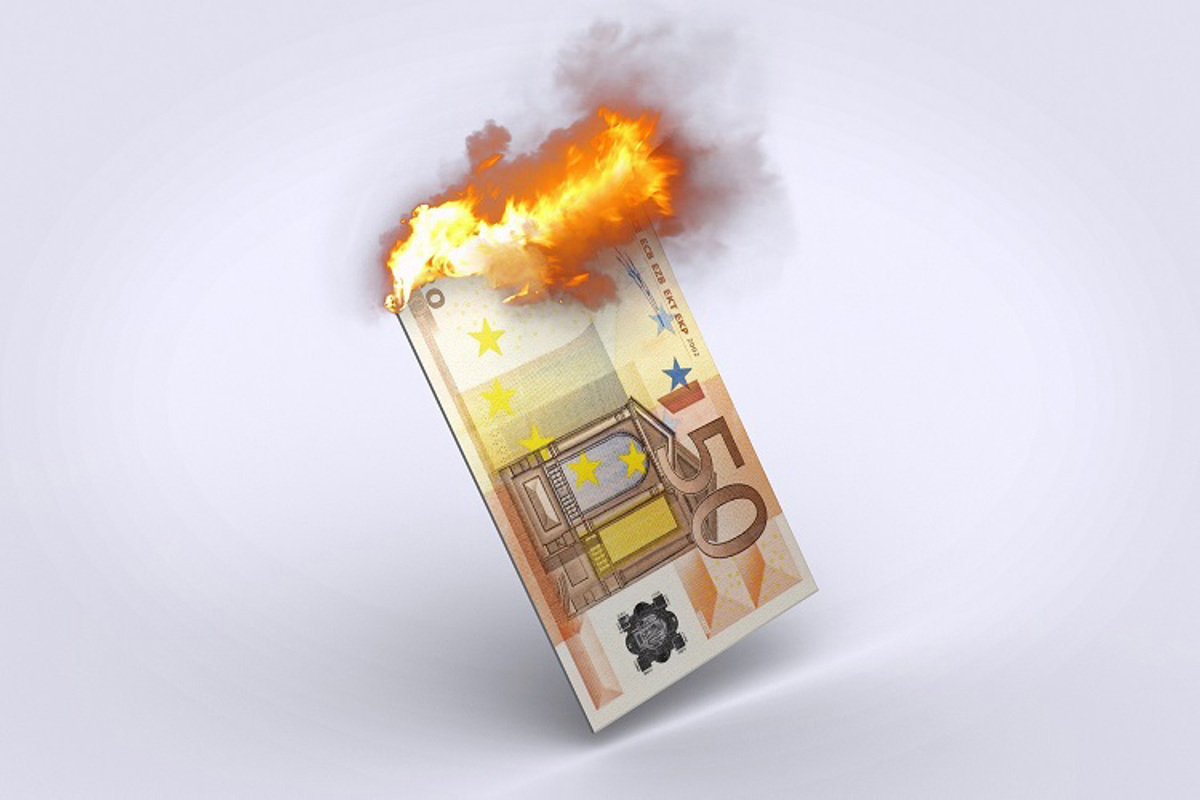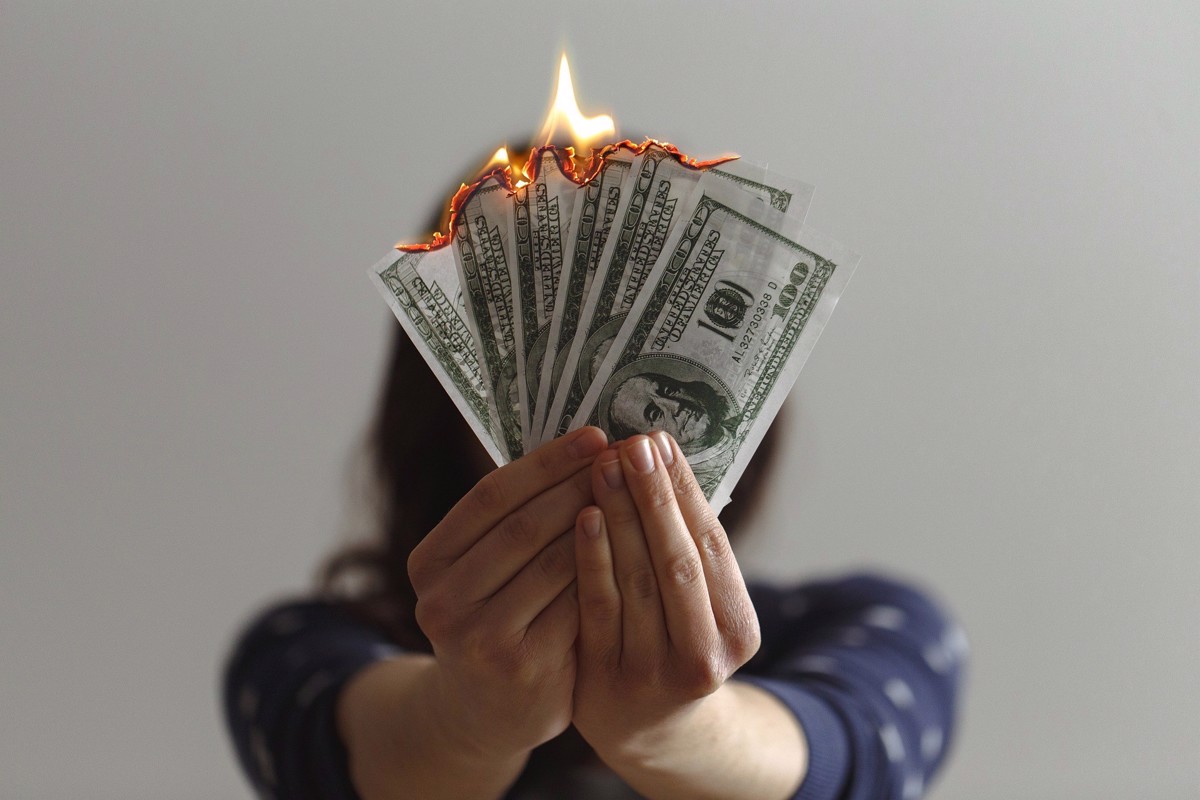Golden counselor or what is inflation?

Photo: Inflation eats money people all over the world! Source: Pixabay
Inflation is an increase in the price level of goods and services within a given economy - typically a state. During inflation, money is devalued, which is manifested by a reduction in the purchasing power of the national currency. High inflation is generally considered harmful because it has a critical effect on every person in society.
Increasing inflation can be triggered by several events. However, a typical accompanying phenomenon of inflation is the excessive growth of the money supply. Markets react to the increasing amount of money in the economy by increasing prices.
Don't miss out: Why invest in gold?
Other negative manifestations of inflation include uncertainty about future economic developments, but also the risk of unavailability of certain goods or services. The consumer can partially defend against inflation by investing, which can, on the other hand, lead to an appreciation of money.

"Gold has historically been one of the best performing investments. The Czech Mint is one of the leading sellers of precious metals in the Czech Republic. We offer clients, among other things, gold commemorative coins or medals.'
Taming inflation in a given society is the responsibility of the state - specifically the central bank, and to a certain extent also the government. The central bank has a monopoly on the control of money in circulation and is the only institution in the country that can legally print money. The task of the central bank is to keep annual inflation in a "healthy" range of around two percent.
The central bank can influence the rate of inflation primarily by withdrawing money from circulation or, conversely, by releasing new capital. The central bank can determine the dynamics of the economy by setting interest rates.
High rates are intended to motivate the postponement of consumption. They make loans more expensive and, on the other hand, favor savings. Low interest rates, on the other hand, are supposed to pump up the economy, because they make loans and mortgages cheaper.
The opposite of inflation is deflation, when the price level in a certain economy falls over a long period of time. Continued deflation is also considered dangerous. In society, it results in a massive postponement of consumption and a reduction in demand, which primarily damages the manufacturing sector.
Gold has historically been one of the best performing investments
Among the basic factors that influence the development of the price of gold on the stock exchange are the exchange rate of the US dollar (in the case of a depreciation of the dollar, the price of gold rises), inflation (gold is an ideal insurance against the rise in the price level, and increasing inflation causes a higher demand for the yellow metal, which leads to increase in its price) and the level of interest rates (as they fall, the price of gold rises). Over the past 50 years, the price of gold has undergone a turbulent development. But if you invested in it in, say, 201, the price per ounce was below $300. Today it is attacking the $2000 mark.
In the next installment of the Golden Advisor, the Czech Mint's investment guide, we will talk about how to start investing and be successful.
Czech Mint in Jablonec nad Nisou
In addition to production for the needs of the state, the Czech Mint annually prepares its own emission plan, which contains hundreds of titles. They combine top artistic and craftsmanship, strictly limited emissions and the advantages of precious metals. Investment coins offer the preservation and appreciation of funds.
 čeština
čeština
 slovenčina
slovenčina
 english
english
